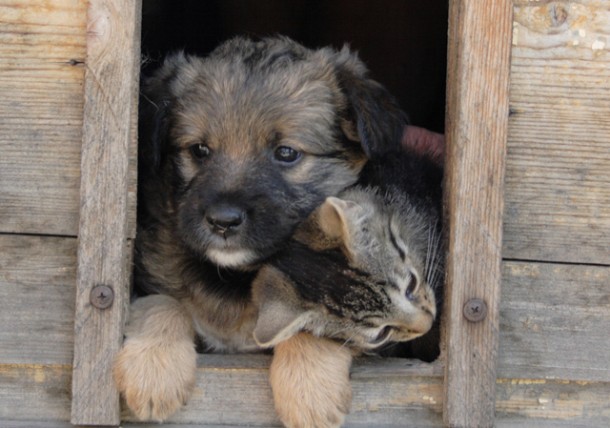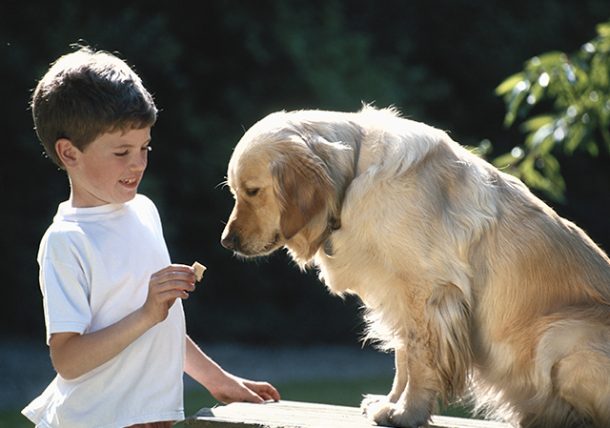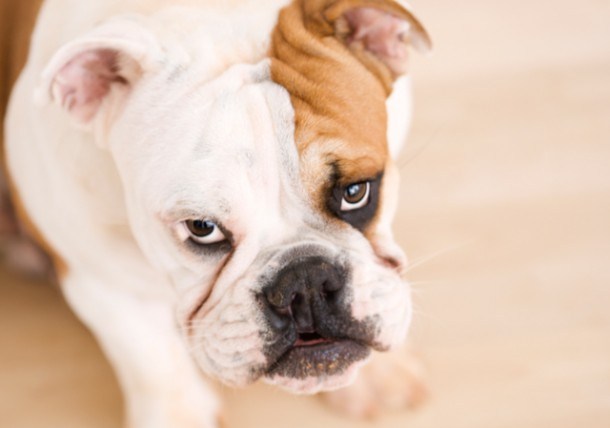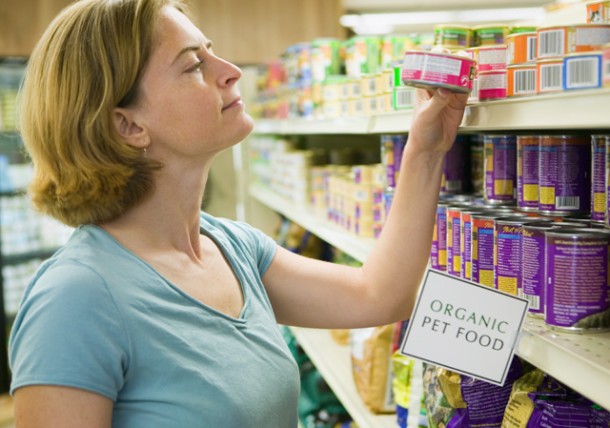Pet Care
Helpful Hints for Your New Puppy
Your new puppy is in a stage of life where you can prevent behavioral issues and help make your future together more pleasant. The early upbringing you give your new family member will affect your relationship for years (just like with children!). It is your chance to mold the puppy’s behavior into an easy-to-care-for adult dog. As the saying goes, an ounce of prevention is worth a pound of cure. Let’s substitute “cure” for training or behavior modification!
~Work with the mouth, so if you ever need to pull something dangerous out or give a pill, it will be easier. We suggest saying, “Open,” as you open the mouth by gently pressing in the upper gums against the teeth and gently pulling down the lower jaw. Some puppies will learn quickly and open their mouth for you just after a few attempts. Be sure to end with a treat, praise or other positive reinforcement with any training.
~Brushing deciduous (baby) teeth is not necessary because they will fall out at or around five months of age; however, it’s great to create the habit in both you and your pet. This treatment is the number one way to prevent dental disease in the dog. Use a child’s soft toothbrush to get them used to brushing. Start off with just water or a small amount of peanut butter on the brush to create a positive experience. If the brush is too much for your pet, you can start with just your finger or a finger brush. When the adult teeth erupt, start to use canine toothpaste, which comes in several flavors. You can reward them with a piece of rawhide after the brushing. Never leave the brush out where they can chew it up.
~Handle your pet’s feet often to facilitate grooming and nail trims. Overgrown nails can be painful and are more prone to injury, so trimming nails without a struggle is important. Your veterinarian’s team can demonstrate the proper way to trim nails to avoid the “quick” (blood supply and nerve).
~Handle your pet’s ears often in the event you need to do regular cleaning or treatment for ear infections. Frequently, dogs with allergies develop waxy ears that make yeast and bacterial infections more likely. Say, “Ear,” before looking in the ear and gently inserting the tip of your finger without pressure. Do the same before cleaning the ears with an appropriate ear cleaner (never hydrogen peroxide) and gently swabbing out the visible external canal. Again, your veterinarian can help you learn some basic techniques to clean ears after swimming or bathing to prevent infections.
~Train your dog. A dog that sits for attention is a joy compared to one that jumps up on people. Get a good book on dog training and read it. Use a puppy class or a recommended trainer if you are not a do-it-yourself (DIY) person. Don’t rely on advice from the internet, which can be written and posted by anyone and may not have been vetted. It is sad to see good intentioned people ruin their dog’s behavior with inappropriate or no training. Your veterinarian will have recommended trainers and books. We like to recommend Dr. Kenneth Martin’s book, “Puppy Start Right.” Good luck, be consistent and don’t give up!
By: John Unflat, DVM
TVMA Member
Austin, TX

Importance of Immunizations

12 Foods Safe to Feed Your Pets

Grooming Behavior of Cats

Why Is My Dog So Itchy?

